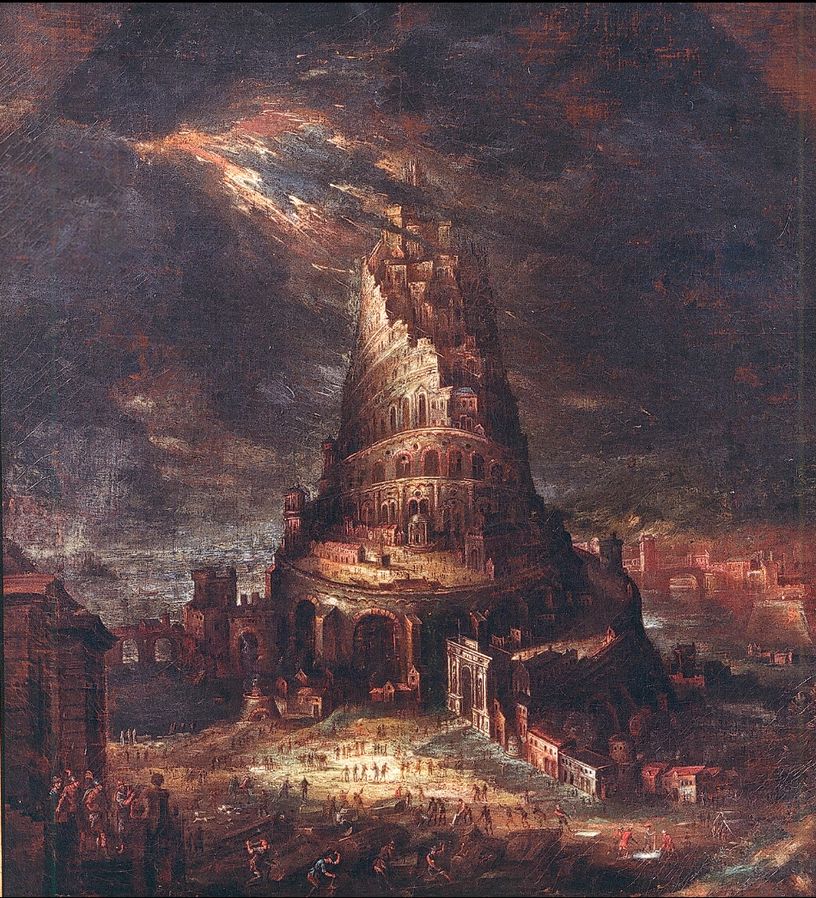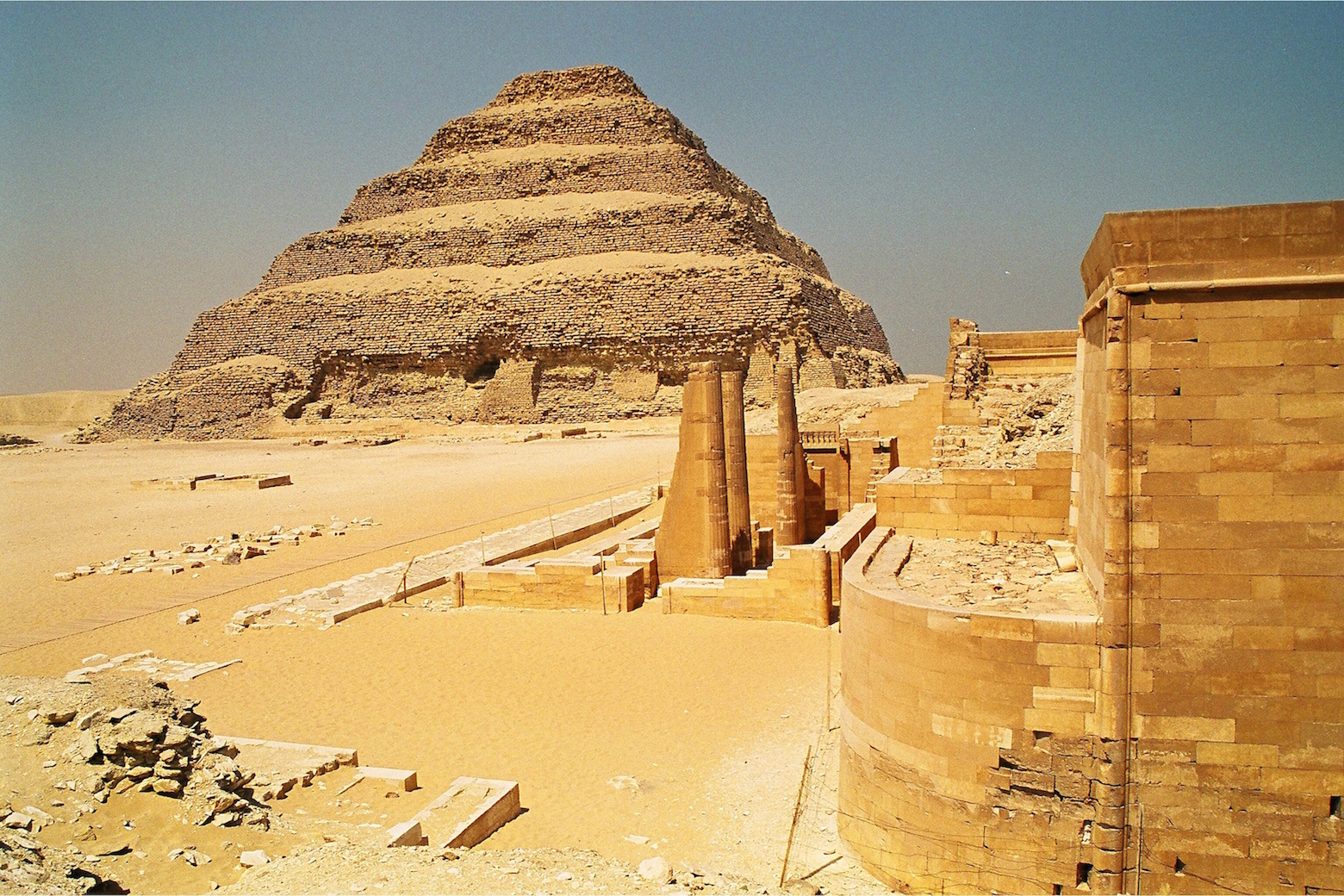The story of the Tower of Babel is one of the most intriguing narratives in ancient literature. This tale, found in the Bible, has captivated scholars, theologians, and curious minds for centuries. Beyond its religious significance, the Tower of Babel offers insights into human ambition, cultural diversity, and the complex nature of language. In this article, we delve into the depths of this fascinating story, exploring its origins, interpretations, and enduring legacy.
Key Takeaways

- The Tower of Babel is a biblical story that explains the origin of different languages.
- It highlights themes of human ambition and divine intervention.
- Interpretations of the story vary across religious and cultural contexts.
- The narrative has influenced art, literature, and modern language studies.
The Origin of the Tower of Babel
The Tower of Babel story is found in the Book of Genesis, specifically Genesis 11:1-9. According to this account, all of humanity once spoke a single language. As people migrated eastward, they settled in the land of Shinar, where they decided to build a city with a tower reaching the heavens. Their goal was to make a name for themselves and prevent their dispersion across the earth.
However, this ambitious project did not go unnoticed. The biblical narrative describes how God intervened by confusing their language, making it impossible for them to understand one another. As a result, the people were scattered across the earth, and the construction of the tower ceased. This event led to the naming of the place as Babel, which is associated with the Hebrew word “balal,” meaning “to confuse.”
Symbolism and Themes

The Tower of Babel is rich in symbolism and themes, making it a subject of extensive analysis. At its core, the story addresses the themes of human pride and divine retribution. The ambition to build a tower reaching the heavens can be seen as a metaphor for humanity’s desire to transcend its limitations and challenge divine authority.
Moreover, the narrative explores the theme of language and communication. The confusion of languages serves as a powerful symbol of the challenges and barriers that arise from miscommunication and cultural differences. This aspect of the story has resonated throughout history, influencing discussions on linguistics, cultural diversity, and globalization.

Interpretations Across Cultures
The Tower of Babel has been interpreted in various ways across different religious and cultural contexts. In Judeo-Christian traditions, the story is often seen as a cautionary tale about the dangers of hubris and the importance of humility before God. It serves as a reminder of the limitations of human endeavors and the need for divine guidance.

In Islamic tradition, the story of the Tower of Babel is not explicitly mentioned in the Quran. However, similar themes of human pride and divine intervention are present in Islamic teachings, emphasizing the importance of humility and submission to God’s will.

Beyond religious interpretations, the Tower of Babel has also been explored in literature, art, and popular culture. Artists like Pieter Bruegel the Elder have depicted the tower in their works, capturing its grandeur and the chaos that ensued. The narrative has inspired writers, filmmakers, and musicians, who have used it as a metaphor for various themes, including the complexity of human communication and the consequences of unchecked ambition.
The Legacy of the Tower of Babel
The story of the Tower of Babel continues to resonate in modern times, influencing various fields of study and creative endeavors. In linguistics, the narrative has sparked discussions about the origins of language and the diversity of dialects and tongues. Scholars have explored the implications of a single, unified language and the potential benefits and challenges it might pose.
In the realm of technology and communication, the Tower of Babel serves as a cautionary tale about the potential pitfalls of miscommunication and the importance of fostering understanding across cultural and linguistic boundaries. As globalization brings people from diverse backgrounds closer together, the lessons of Babel remain relevant in promoting cross-cultural dialogue and collaboration.
The Enduring Fascination with the Tower of Babel
The Tower of Babel is a story that transcends time and cultural boundaries, offering valuable insights into the complexities of human nature and the power of language. Its themes of ambition, communication, and divine intervention continue to captivate and inspire people across the globe. As we navigate the challenges of an increasingly interconnected world, the lessons of Babel remind us of the importance of humility, understanding, and cooperation in our endeavors.
By exploring the rich tapestry of interpretations and the enduring legacy of the Tower of Babel, we gain a deeper appreciation for this ancient narrative and its relevance in our modern lives. Whether viewed through a religious, cultural, or artistic lens, the story of Babel remains a testament to the enduring power of storytelling and the universal quest for meaning.